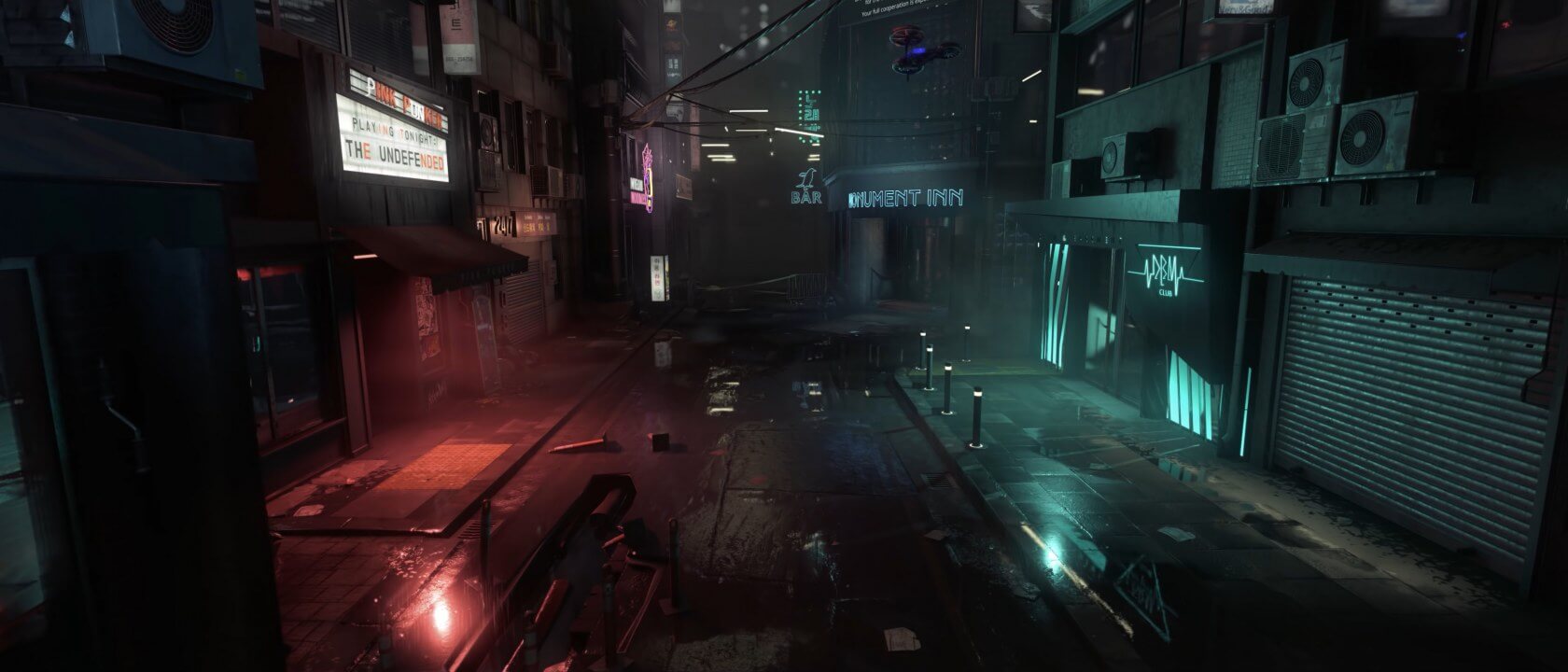In context: Ray tracing has often been referred to as the holy grail of video game graphics, and for good reason. The rendering technology is capable of simulating lifelike reflections, shadows, and lighting – and recently, it's finally arrived on consumer PCs, courtesy of Nvidia's powerful (but expensive) RTX 20-series GPUs.
The video cards use onboard hardware acceleration, in addition to regular software updates to accurately display ray traced effects in games. Unfortunately, as we've noted many times in the past, Nvidia's implementation of real-time ray tracing still needs quite a bit of work before it will be practical, affordable, and performance-friendly enough for the average user.
For now, Nvidia is the only company in the GPU industry who has actually shipped consumer-grade cards with ray tracing support. However, that may not be the case for long. As reported by Tom's Hardware, AMD filed a patent application back in 2017 which details a "hybrid" ray tracing solution that wouldn't rely quite as heavily on hardware acceleration to function (compared to Nvidia's newest GPUs).
It utilizes both existing shader units and "fixed function" hardware to provide users with improved performance, while also ensuring "flexibility is preserved" for developers. According to AMD, their idea could solve the performance and processing issues associated with both hardware and software-based ray tracing systems.

The full explanation is quite technical in nature, but if you feel equipped to dive into the nitty-gritty of hardware and software design, you can read AMD's full patent for yourself or take a look at the image above for a brief summary.
Either way, we'd advise our readers not to get too excited about anything they see in this document. A hybrid approach to real time ray tracing sounds exciting on paper, but patents like these are usually early drafts of ideas; often intended as roadblocks to any competitors that may wish to swipe the concept before it's been fully developed.
With that said, we know both Microsoft and Sony's upcoming gaming consoles will feature AMD hardware with ray tracing support, so perhaps we won't have to wait long to find out what the hardware maker has up its sleeve.
